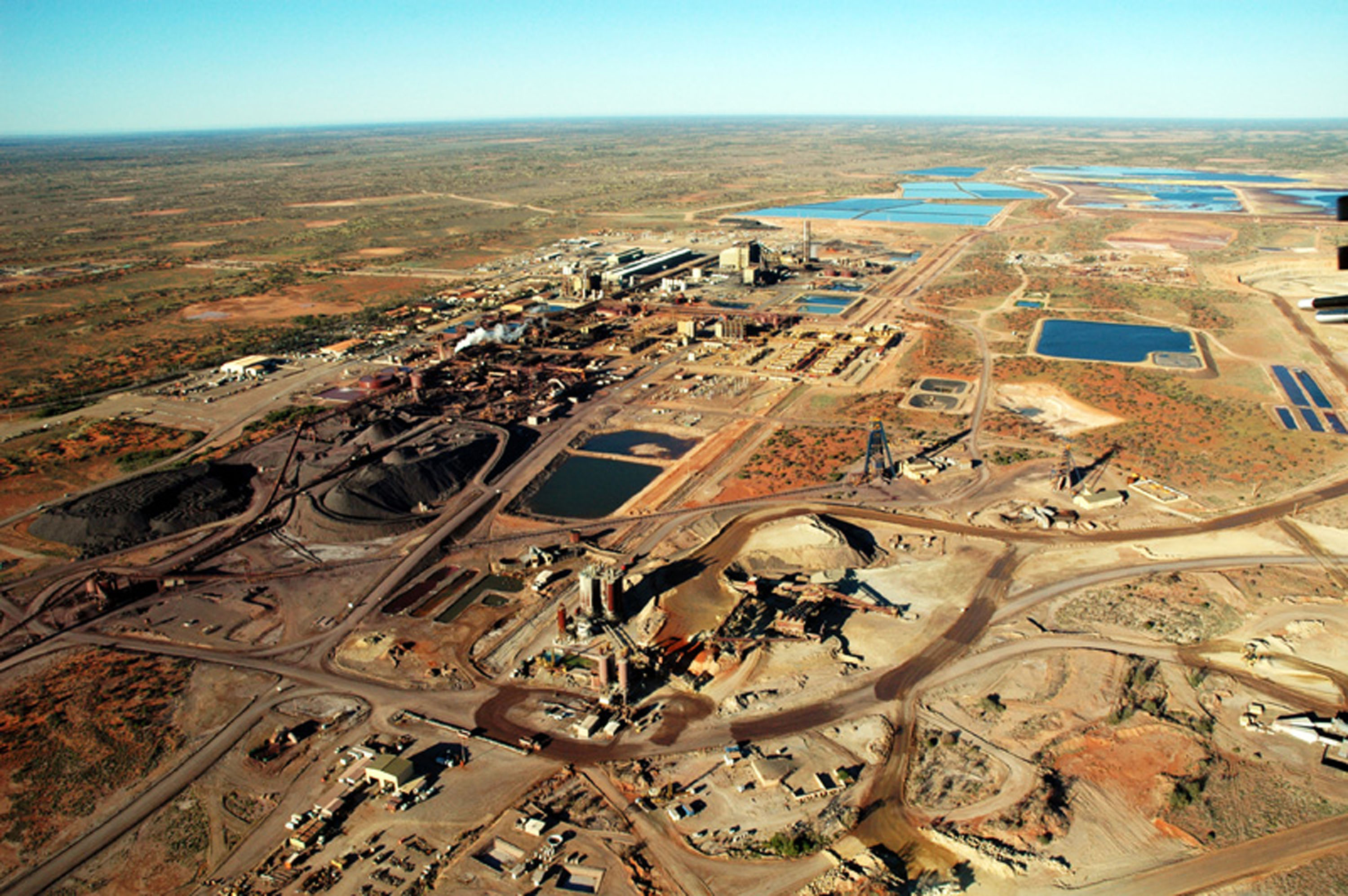Peter Watts, co-chair of the Australian Nuclear Free Alliance, was recently in Japan as one of some 100 speakers at the Global Conference for a Nuclear Power Free World held in Yokohama on Jan. 14 and 15. During an interview with The Japan Times, Watts — who is a member of the Arabunna people, one of several Aboriginal groups living in South Australia — said that among the many things his ancient ancestors knew, such as how to hunt animals in a sustainable way, was the potential danger of radiation released from the uranium beneath their land.
"Our ancestors knew of the uranium," he said, "They called the places (of uranium deposit) 'Poison Country.' It meant: 'Don't go there to hunt. Don't go there to collect food. Don't go there.' "
However, in 1975, the uranium deposit beneath the Arabunna people's land was "discovered" by Western Mining Corp. Despite opposition from Aboriginal groups, in 1988 the company started mining the deposit, which is the largest uranium deposit in the world. In 2005, the Olympic Dam mine, as it is called, was taken over by the world's biggest mining company, BHP Billiton, and it currently produces 4,000 tons of uranium oxide a year.


















With your current subscription plan you can comment on stories. However, before writing your first comment, please create a display name in the Profile section of your subscriber account page.